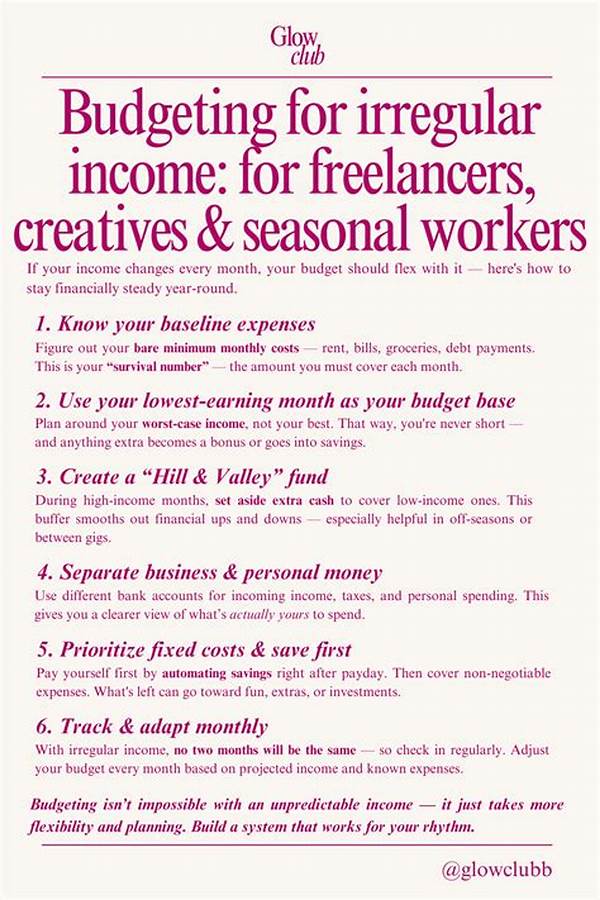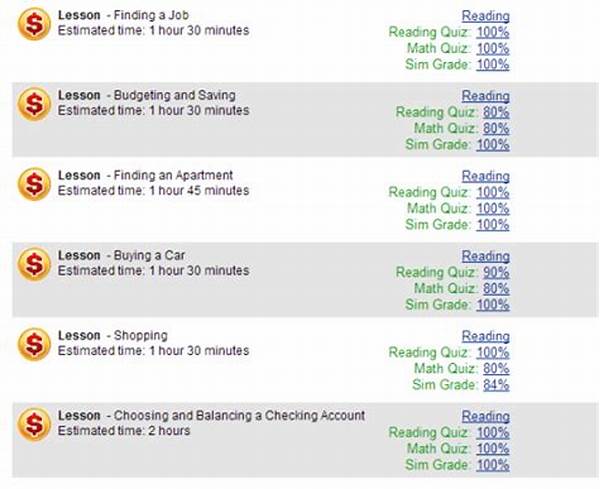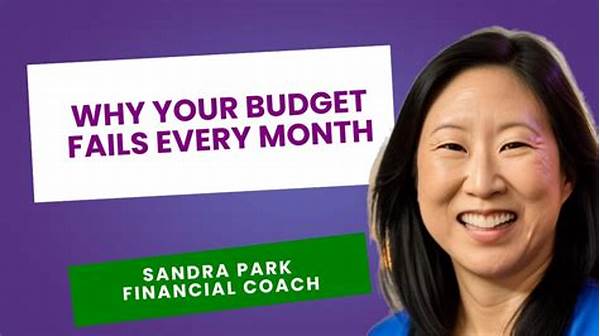Budgeting For Couples Without Stress Or Drama
- Budgeting for Couples Without Stress or Drama
- Unpacking the Secrets of Stress-Free Couple Budgeting
- How to Align Financial Goals for Harmony
- Turning Budgeting Challenges into Growth Opportunities
- Nine Practical Examples of Stress-Free Couple Budgeting
- The Path to Financial Harmony in Relationships
- Dimensions of Stress-Free Financial Planning
- Make Financial Planning a Fun Journey
- Enjoying the Budgeting Adventure Together
Budgeting for Couples Without Stress or Drama
Navigating the world of finances as a couple can sometimes feel like walking a tightrope. You’re balancing not just numbers but emotions, aspirations, and your future together. What if I told you that budgeting for couples without stress or drama is entirely possible? Imagine cozy dinners where money talks don’t escalate into debates and planning a vacation without the hidden worry of overspending. This concept isn’t a fairytale—it’s achievable with some guidance and practical strategies. Understanding each other’s financial perspectives and setting mutual goals lays the foundation for a successful money conversation. Some couples find it useful to view their budget as a blueprint for living the life they want, rather than a restrictive rulebook. Let’s dive into this journey of creating financial harmony without stress or drama.
Read More : Budgeting With Kids Family Finance Hacks
Creating a budget begins with open and honest discussion. It’s crucial to know where you both stand—what your income, expenses, and debts are. Transparency is key. You’ll find that when both partners have equal footing in the budgeting process, there’s less blame and more teamwork. Sharing your standards and expectations regarding money can prevent many misunderstandings down the line. By appraising each other’s priorities, you can craft a budget that supports both individual and shared goals.
Incorporating a touch of creativity into your money management can also spice things up. Consider managing finances as a fun project where both of you get to input and decide. Set up regular ‘money dates’—because, yes, financial planning can be romantic. Engage with financial tools or apps that help automate and make tracking expenses easier. The idea of budgeting for couples without stress or drama doesn’t stop at agreeing on a budget; it’s about continuously nurturing your financial relationship.
It’s equally important to celebrate financial victories, no matter how small. Whether it’s saving for a dream vacation or managing to stick to the monthly grocery budget, these successes affirm your teamwork. Keeping the process light-hearted prevents it from becoming a tedious affair. Remember, the ultimate goal is to ensure your financial planning enhances your relationship rather than strains it. With patience and commitment, budgeting for couples doesn’t have to be a stress-provoking activity but an empowering and joyful experience.
Create a Stress-Free Financial Future Together
—
Unpacking the Secrets of Stress-Free Couple Budgeting
There’s a certain art to maintaining harmony in a relationship, and money management is a not-so-subtle stroke on that canvas. Imagine it’s a peaceful Sunday morning; you’re enjoying a coffee, and the thought of your upcoming financial meeting doesn’t bring a hint of dread. How does this become the norm rather than the exception? What are the secrets to budgeting for couples without stress or drama? Let’s explore.
First, communication serves as the cornerstone of effective budgeting. Without it, misunderstandings can fester and transform minor disagreements into full-blown arguments. Engaging in open, honest discussions about money lays the groundwork for mutual trust and understanding. This doesn’t mean every talk is going to be easy—far from it. Money is a deeply personal subject, tied to identity and self-worth. Yet, with ongoing dialogue, you reduce the possibility of surprises down the road.
Setting shared financial goals helps create a unified vision for your future. Whether it’s buying a home, traveling the world, or simply ensuring a comfortable retirement, agreeing on aspirations draws you closer. Budgeting strategies can vary widely: some prefer detailed line-item approaches, while others opt for more flexible spending plans. Regardless, aligning these methods with your collective objectives minimizes friction and keeps the process invigorating rather than mundane.
How to Align Financial Goals for Harmony
Managing conflicts as they arise is an inevitable part of budgeting. The key lies in viewing these challenges as growth opportunities rather than setbacks. For instance, different spending habits might clash; one partner may prioritize savings, while the other values present-day pleasures. Instead of letting this spark tension, use these differences to balance your approach, fostering a plan that respects both immediate and long-term needs.
Don’t underestimate the power of humor and lightness in financial discussions. Picture this: you’re scrutinizing your expenses and realize you’ve spent way too much on takeouts this month. Laugh about it! Then, brainstorm creative and cost-effective meal ideas together. Budgeting for couples without stress or drama involves turning would-be complaints into shared adventures. Financial planning doesn’t have to be all number crunching and tense talks; inject doses of laughter and camaraderie.
Ultimately, the secret lies in the symbiosis of partnership. Couples who view budgeting not as a chore but as a tool to achieve shared dreams often find the process enriching. The journey of managing finances together should never overshadow the bigger picture: a thriving, loving partnership. When you’re in sync with each other, budgeting becomes less about restriction and more about opportunity. And soon enough, you might just find yourselves looking forward to those ‘money talks.’
Turning Budgeting Challenges into Growth Opportunities
—
Nine Practical Examples of Stress-Free Couple Budgeting
The Path to Financial Harmony in Relationships
Financial harmony in relationships doesn’t just happen; it’s crafted with intention, understanding, and sustained effort. Couples often face the daunting task of aligning their individual financial philosophies and practices into a cohesive strategy. However, by addressing the emotional components tied to money, couples can remove the drama associated with budgeting. A healthy discussion revolves around acknowledging each partner’s financial habits and motivations without judgment.
The process involves outlining roles and responsibilities clearly to eliminate confusion and blame. Some couples may decide that one partner is more adept at tracking daily expenses, while the other excels in investing or long-term planning. There’s no correct division; the goal is to leverage strengths, thereby enhancing the financial health of the relationship. Utilizing tools from the examples above, such as budgeting apps and transparent financial dashboards, couples can streamline the process.
Understanding that both partners have an equal stake in financial decisions is critical. This not only shapes a more egalitarian financial plan but also cultivates deep-seated trust within the partnership. Celebrating small wins galvanizes commitment to the budget plan and invigorates enthusiasm. Whether it’s sticking to a grocery budget or finally setting aside enough for a dream vacation, these milestones matter.
Ultimately, the path to financial harmony requires nurturing—a consistent, empathetic, and engaged approach that transcends spreadsheets and pivot tables. With a dash of creativity and a lot of communication, managing finances becomes less daunting. As this new approach takes root, couples often find budgeting not as a source of tension but a powerful tool for growth and understanding in the relationship.
—
Dimensions of Stress-Free Financial Planning
Make Financial Planning a Fun Journey
A fun approach to financial planning can transform what is traditionally seen as a mundane task into an exhilarating journey. Embarking on financially themed adventures, like planning a no-spend weekend, not only strengthens the financial acumen of both partners but fosters intimacy through shared experiences. Creating themed saving jars like “Paris by 2025” or “Rainy Day Brunch” ties tangible outcomes to savings efforts.
Introducing humor into budgeting discussions also makes a significant difference. For example, jokingly setting up “penalty jars” for impulse buys can gently curb unnecessary spending. Moreover, encouraging each other with motivational challenges nurtures a sense of achievement and excitement. Saving doesn’t occur in a vacuum; it’s deeply connected to your lifestyle, priorities, and, of course, your partner’s influence.
Remembering these perspectives switches budgeting from being a stringent exercise to an enjoyable partnership task. It’s about relishing the small steps towards your dreams and making every moment count. When both partners are sold on the adventure, budgeting becomes not only practical but an integral, joyful component of your lives together. Embrace it, and find yourself enjoying the ride more than you ever imagined!



